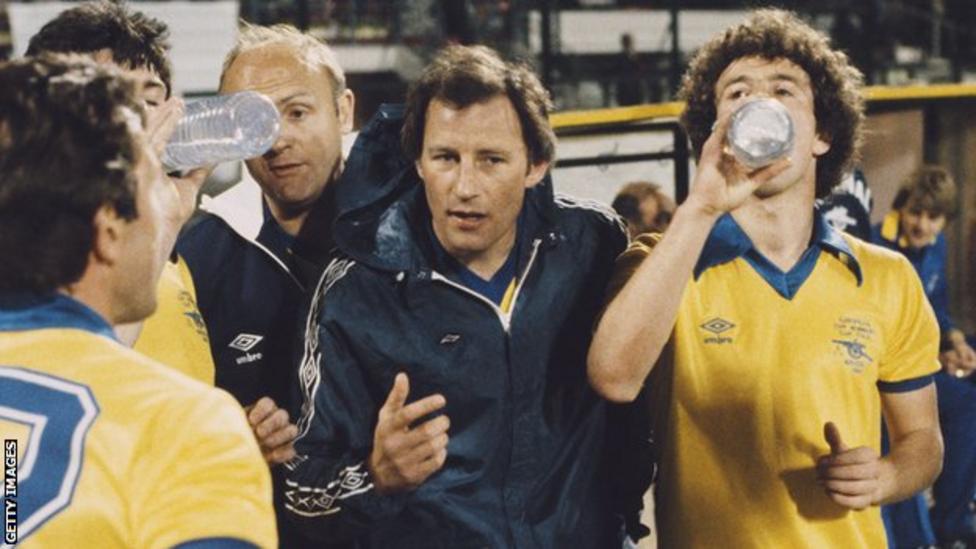Terry Neill Cause of Death: How Did Terry Neill Die? EXPLAINED
Terry Neill, a former manager and captain of Northern Ireland and Arsenal, passed away at the age of 80. Let’s see what happened, How did Terry Neill die, and what was his cause of death.
How Did Terry Neill Die?
Arsenal club confirmed the news on his website by saying,
It was with great sadness that the club learned of the death of former manager and captain, Terry Neill, aged 80.
Arsenal commended Neill’s “combination of tenacity, vision, and natural leadership” as a player in a statement.
The statement continued, “After succeeding at Hull City, Terry was named manager of Tottenham Hotspur in September 1974 and in June 1976 made the quick trip back to Highbury to fill the manager position left vacant by Bertie Mee.
“By enlisting former teammate and top strategist Don Howe to work with him, he pulled off a masterstroke that helped the Arsenal become one of the nation’s most successful cup teams.
“Terry didn’t work in football management again, but he continued to be a regular at Highbury and eventually Emirates Stadium. He was also a well-liked TV analyst and a columnist for several magazines.
“Everyone connected to the club will always be grateful for his outstanding contribution and his character. During this trying time, our prayers are with Terry’s family and close friends.”
There has been no information on Terry Neil’s death or how it happened.

Terry Neill Cause of Death
So far, no cause of death has been revealed. There are no reports that the former captain was lately or long-term ill. We have been attempting to get in touch with the family and relatives, but no one has responded. Once there is enough information, we will update this page.
After Alan Sunderland gave Arsenal the victory, Neill said that he had felt relieved. Neill earlier told the Mail on Sunday, “United had nothing to lose late, we were starting to look tired and needed new legs.” Although Stevie [Walford] was speedy, David Price had done a terrific job, so it made sense. The rest is history.
